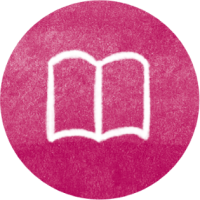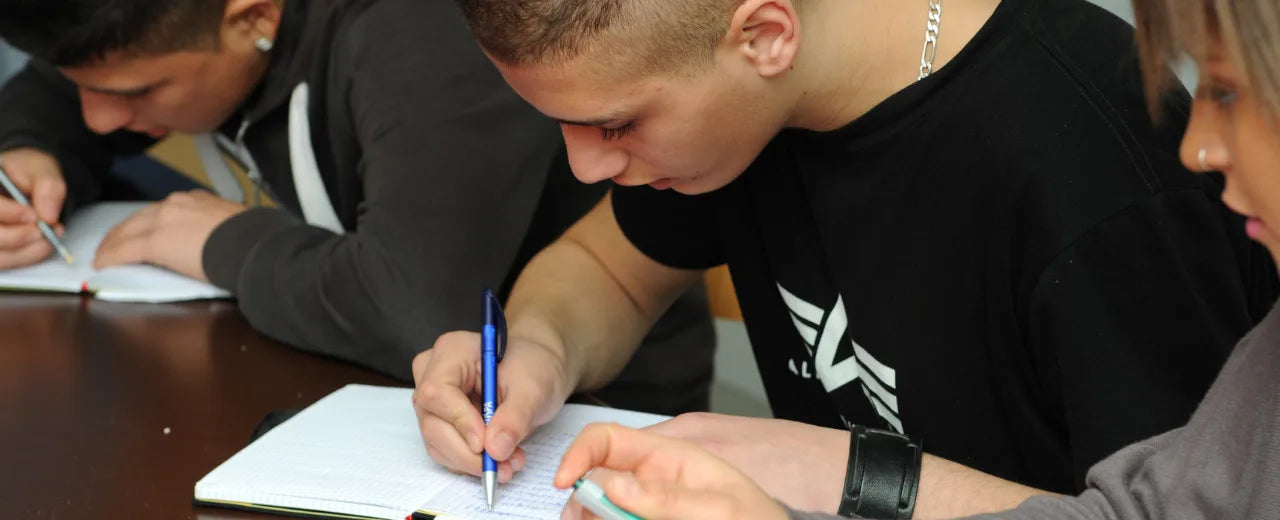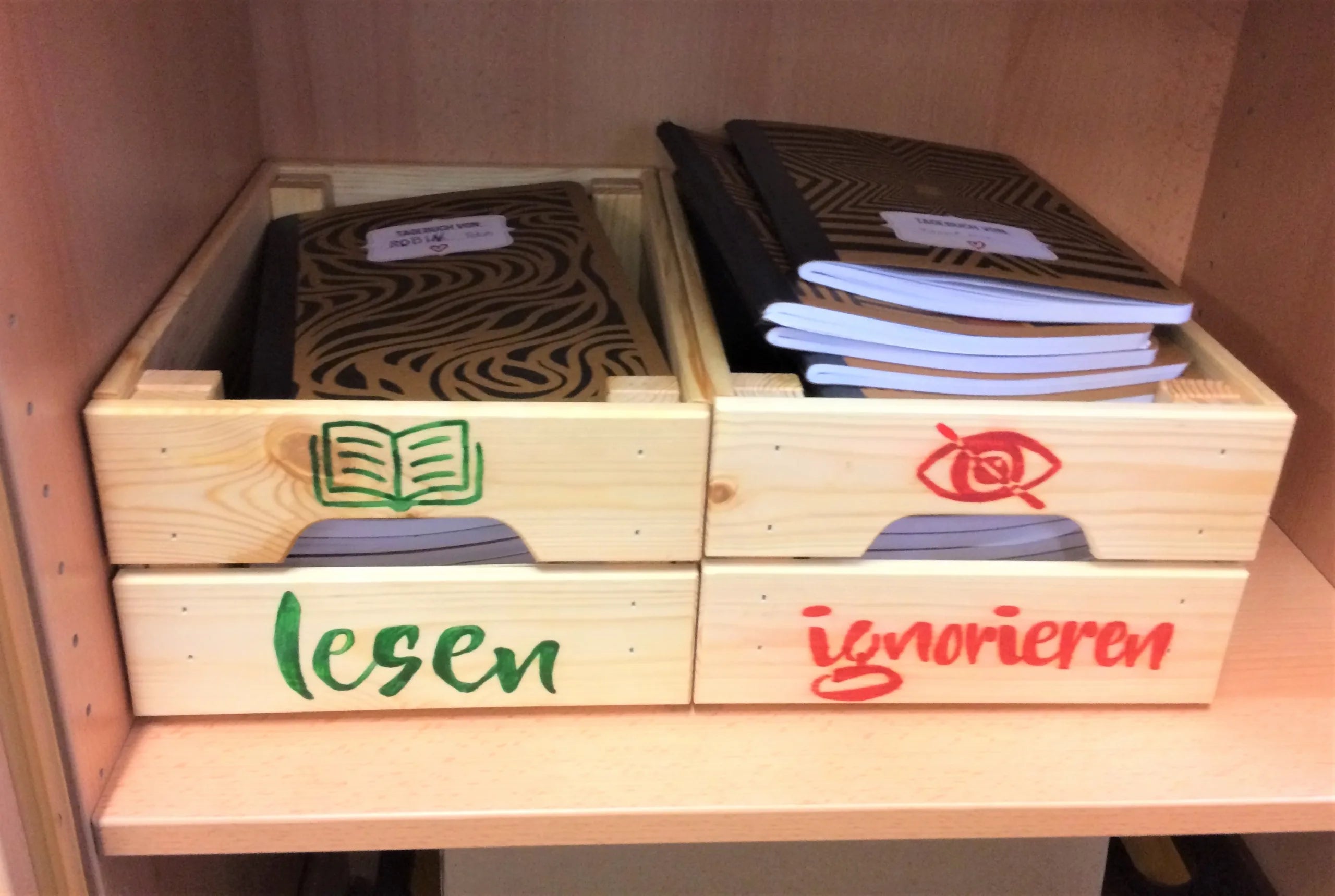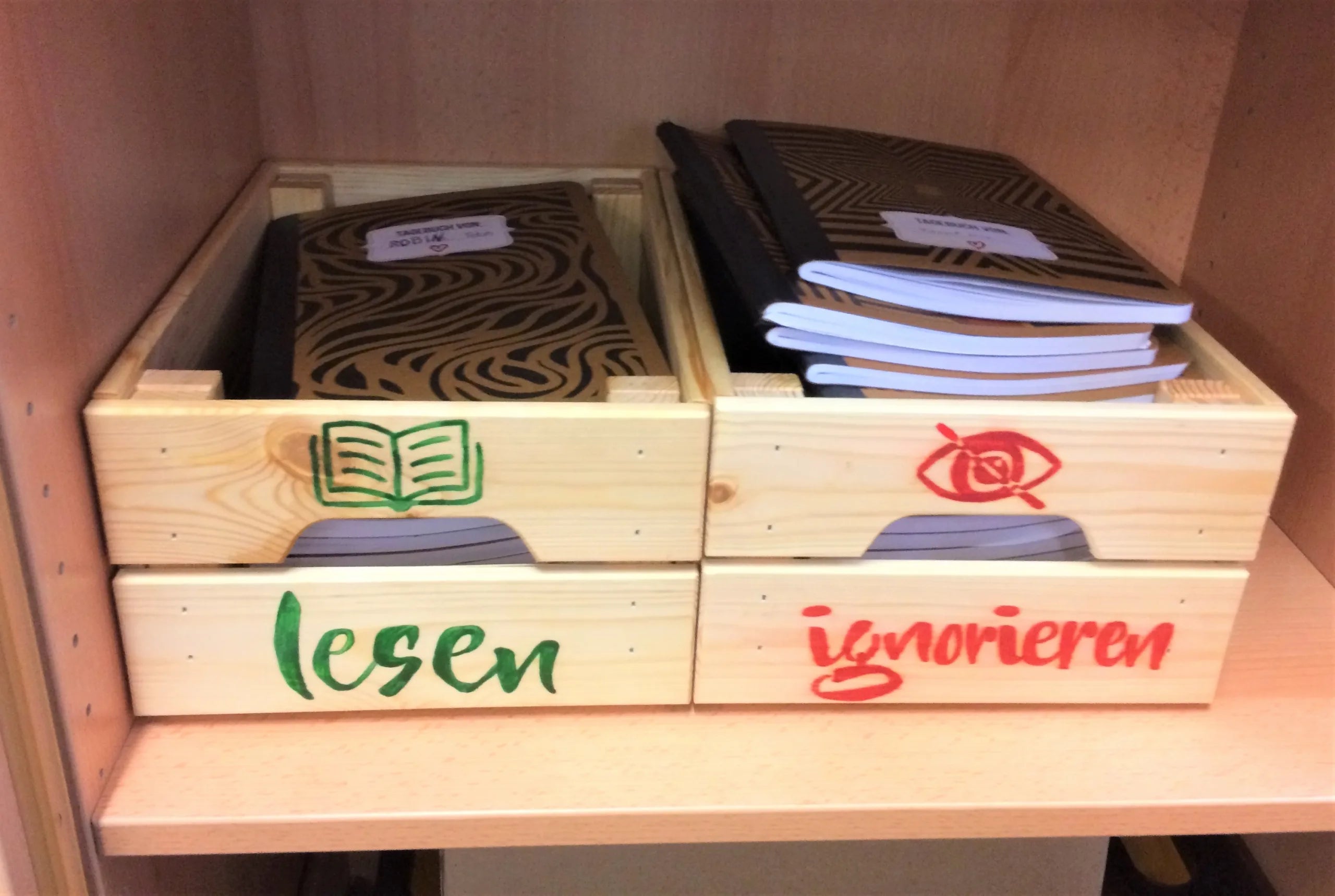Day 16
3 min. Diary work for a stressed schoolchild in Germany
 Biography as the key to educational success Biography as the key to educational success
Biography as the key to educational success Biography as the key to educational success


Strengthening children and young people through appreciative relationships

LOTTE presents her favorite project
need
An effective program to strengthen disadvantaged children and young people in their educational success
activity
Teachers are trained to build appreciative relationships with their students - the diary is used centrally
Measurable performance
Number of students reached throughout Germany and supported in pursuing a positive educational path
Result
Students feel noticed, they develop access to their biography, recognize and use their strengths
Systemically relevant impact
Social inequality is overcome through successful relationships in school. This creates (new) opportunities for disadvantaged children and young people
background


The good deed
AboutGermany
Berlin
Capital city
84,079,811
Population
48,432.5
Gross domestic product
per capita per year
0.942
Human Development Index
(Human Development Index)




